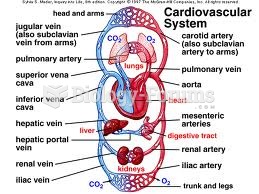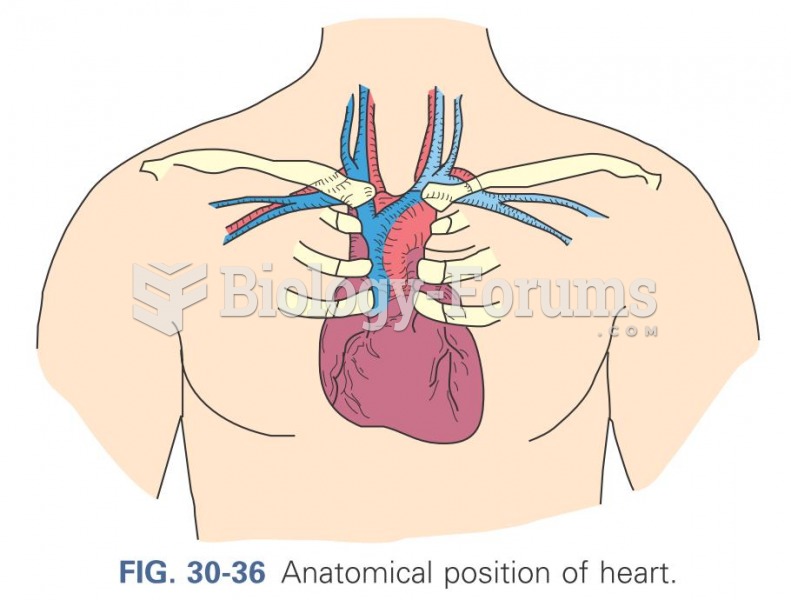Answer to Question 1
3. Atrial septal defect.
Rationale:
Atrial septal defect is the defect that results when the foramen ovale remains open during fetal development. The development of congestive heart failure in a young child is one manifestation of the disorder. A ventricular septal defect is an opening between the right and left ventricle, and oftentimes the only indication that it is present is a murmur. Pulmonary atresia is the absence of intact structures between the pulmonary artery and the right ventricle. With this condition, cyanosis is present upon birth. An atrioventricular canal involves an atrial septal defect that connects with a ventricular septal defect, and is lower in the atrial septum than the foramen ovale. A baby with this disorder would demonstrate tachycardia, poor growth, respiratory infections, and respiratory failure.
Answer to Question 2
3. Imparied Social Interaction
Rationale:
The parents want to know what the social expectations for their child are. Autism spectrum disorders (ASD) involve difficulties in the quality of both the social interactions and the communication of the child. In social interactions, the child may have problems making eye contact, developing appropriate peer relationships, and spontaneously seeking out shared enjoyment with other people, or the child may show no social or emotional reciprocity. When overaroused by sensations (internal or external), the person with ASD reacts as if the stimulus is irritating or even threatening. Children with ASD may shut down or try to get away from the stimulus by screaming, covering their ears, or running away. Often they are overly sensitive to sounds, tastes, smells, and sights, and may prefer soft clothing and certain foods, and may be bothered by sounds or sights no one else hears or sees. At other times, they may be oblivious to what is occurring in the environment. The parents did not ask about social isolation, diversional activity or social isolation. These are nursing diagnoses, not client needs.







